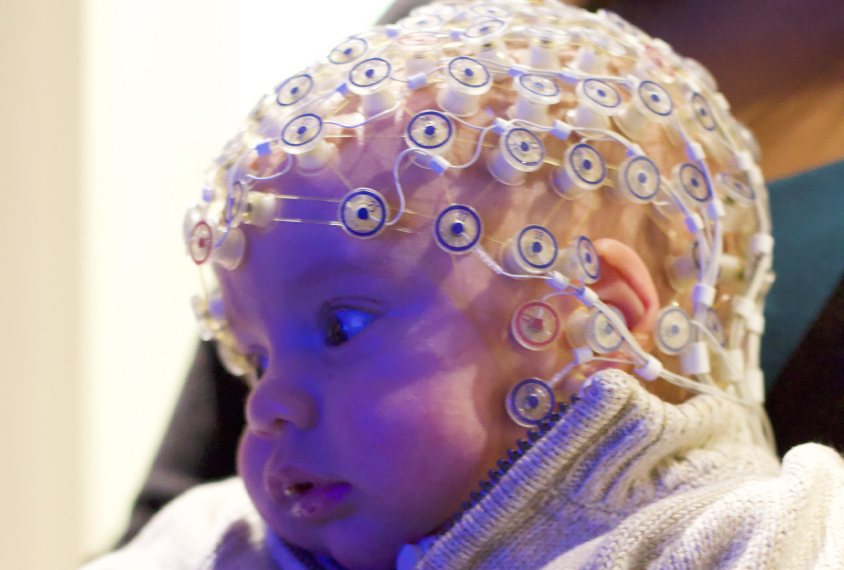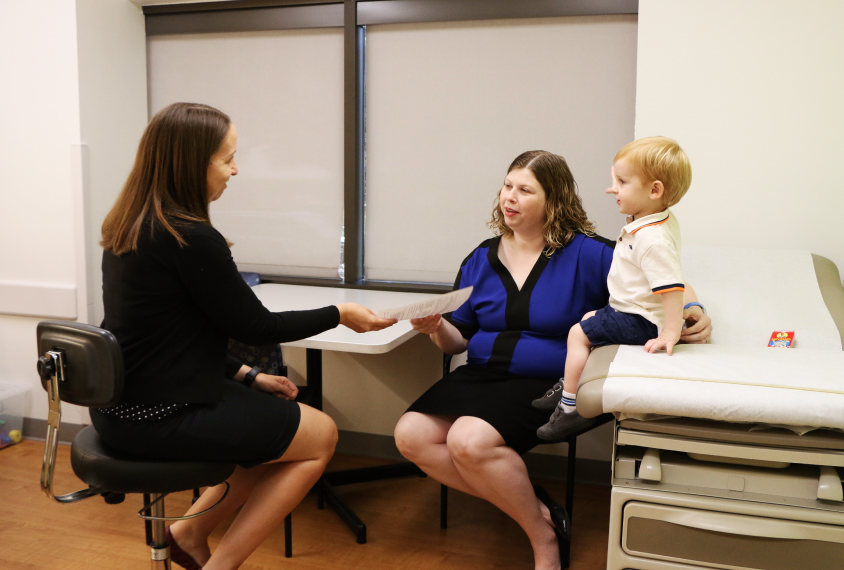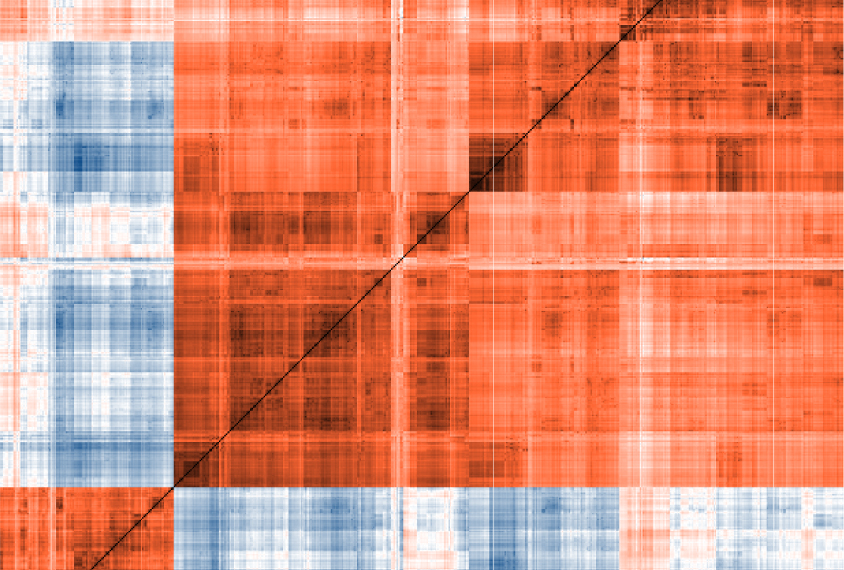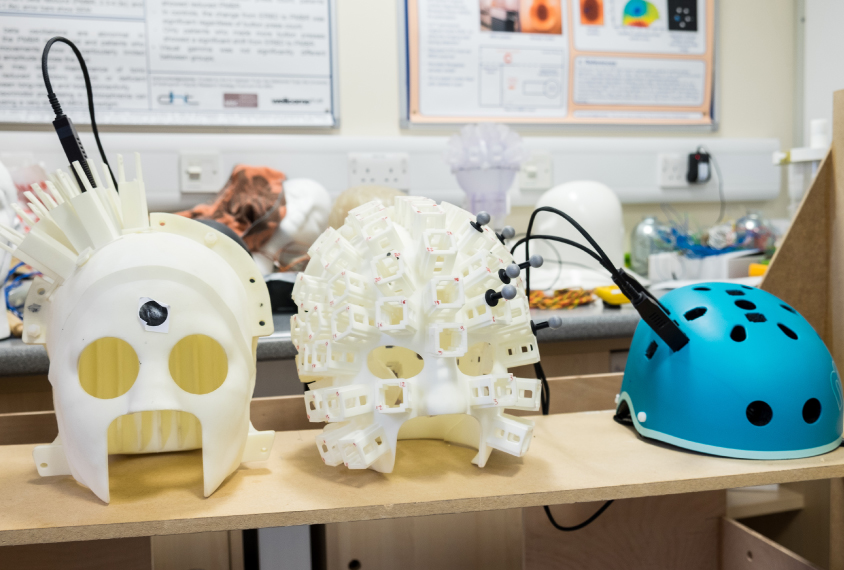Nicole Wetsman
From this contributor
Certain patterns of brain waves in babies may forecast autism
Brain activity patterns in the first year of life may predict autism in infants at high risk for the condition.

Certain patterns of brain waves in babies may forecast autism
U.S. funnels funds into research related to autistic adults
The U.S. government has injected $1.8 billion into autism research with a potential new focus: adults on the spectrum.

U.S. funnels funds into research related to autistic adults
Positive screen for autism often does not spur further evaluation
More than two-thirds of toddlers flagged for autism do not get assessed for the condition by specialists.

Positive screen for autism often does not spur further evaluation
Algorithm flags harmful mutations in single copies of genes
A new tool can predict a genetic problem called 'haploinsufficiency' in which a mutation impairs the function of one copy of a gene.

Algorithm flags harmful mutations in single copies of genes
Wearable device accurately scans brains in moving people
A new neuroimaging device that is worn like a helmet enables researchers to map the functional activity of a person’s brain as she moves her head.

Wearable device accurately scans brains in moving people
Explore more from The Transmitter
Machine learning spots neural progenitors in adult human brains
But the finding has not settled the long-standing debate over the existence and extent of neurogenesis during adulthood, says Yale University neuroscientist Juan Arellano.

Machine learning spots neural progenitors in adult human brains
But the finding has not settled the long-standing debate over the existence and extent of neurogenesis during adulthood, says Yale University neuroscientist Juan Arellano.
Xiao-Jing Wang outlines the future of theoretical neuroscience
Wang discusses why he decided the time was right for a new theoretical neuroscience textbook and how bifurcation is a key missing concept in neuroscience explanations.
Xiao-Jing Wang outlines the future of theoretical neuroscience
Wang discusses why he decided the time was right for a new theoretical neuroscience textbook and how bifurcation is a key missing concept in neuroscience explanations.
Memory study sparks debate over statistical methods
Critics of a 2024 Nature paper suggest the authors failed to address the risk of false-positive findings. The authors argue more rigorous methods can result in missed leads.

Memory study sparks debate over statistical methods
Critics of a 2024 Nature paper suggest the authors failed to address the risk of false-positive findings. The authors argue more rigorous methods can result in missed leads.